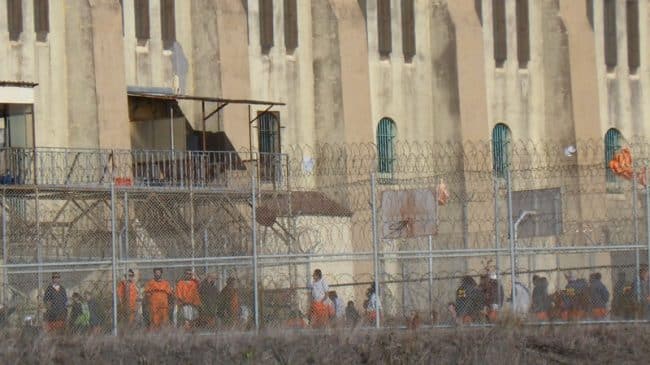Voter Guide: 2016 California Ballot Initiatives
Prop 66 changes the appeals process for death row inmates, limiting repeated attempts to appeal and changes which courts hear initial petitions of appeal. It sets timelines for state court reviews of death penalties. It also removes existing regulations governing execution methods used by the Department of Corrections.
If Prop 66 gets more votes than Prop 62 then the latter is overridden and void.
Fiscal Impact:
The state will initially spend a tens of millions of dollars to reform the system, but will experience as much in savings in court and prison costs each year going forward.
Proponents’ Arguments For:
Proponents of Prop 66 argue that California’s death penalty needs to be mended, not ended. It is time to stop the most heinous criminals languishing on death row for 30 years. Prop 66 will speed up death penalty appeals while making sure no innocent person is ever executed.
Prop 66 limits all appeals to 5 years, and requires that lawyers for appeals are assigned immediately from an expanded pool of lawyers, so no more waiting years for a lawyer. The trial court that knows the case will now handle the appeal so a new court does not have to catch up on the initial trial evidence and arguments. The state supreme court will oversee the system and protect the rights of the accused. And the Department of Corrections will reform death row so those inmates no longer get special privileges.
Prop 66 will save taxpayers $30 million annually from shorter appeals and no long holding heinous criminals on death row for 30 or more years. Death penalties are not handed out very often in California and only for murders with “special circumstances” that make the crime more horrific. Those individuals need to be put to death.
Opponents’ Arguments Against:
Opponents argue that the death penalty doesn’t work and that Prop 66 does not fix it. More than 150 people sentenced to death row in America have been proven innocent by later advances in technology and evidence, and others have been executed because of laws like Prop 66 that assume the death penalty is just and effective.
They argue that Prop 66 is complex and confusing and will add more layers of bureaucracy and slow down the justice system even more. While proponents argue that Prop 66 will save money, the independent Legislative Analyst’s Office says it will cost tens of millions of dollars annually with additional unknown costs. It will increase prison spending and will require the state to fund as many as 400 new lawyers to work on appeals.
Prop 66 will limit the ability to present new evidence of innocence in court, force unwilling lawyers to serve appeals clients who therefore may not get the best representation, will clog up local courts by pushing appeals down to them instead of in state courts where they now are heard.
Opponents assert that real justice system reform would do far more to fix the California death penalty process than does Prop 66, so we should not waste our resources on its broken ideas.
Discussion:
As with Prop 62, both sides admit California’s death penalty system does not work. Very few people are sentenced to death in California, and those who are spend an average of 20 years on death row. In the last two decades, on average one person has been executed in California every 1.5 years. And the costs of holding death row inmates in special conditions all those years, with continuous legal counsel and so on, is significantly more that the cost of keeping them in prison for life..
There is simply no good empirical evidence that the threat of a death penalty deters crime. The kind of people who do the extra heinous murders that lead to death sentences simply are not responding to incentives like the threat of a chance of being executed sometime in the future.
The Legislative Analyst’s Office says that life in prison instead of the death penalty for these heinous criminals would save $150 million a year. The costs to keep a death row inmate in prison have been rising rapidly. One of the fastest growing segments of the state budget has been prisons. The death penalty is part of that cost where we are getting little benefit for our spending and creating a less just, not more just, system in the process.
The large number of death row inmates exonerated thanks to new technology and DNA testing makes it very unlikely that there are no innocent people on death row in California or won’t be in the future. The justice system is not perfect—no system can be. With a life sentence, there is at least a chance that a mistake can eventually be discovered and rectified. With the death sentence, once executed, the innocent are forever dead. If the justice system is in fact about justice and not vengeance, there can be no greater injustice than the state killing an innocent person. A ‘mended’ death penalty does not change that.

